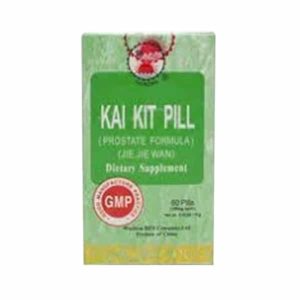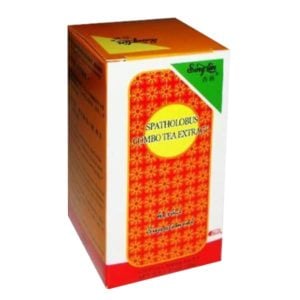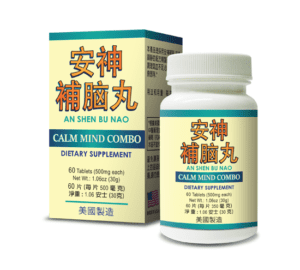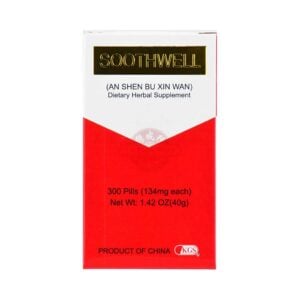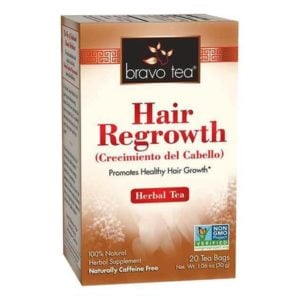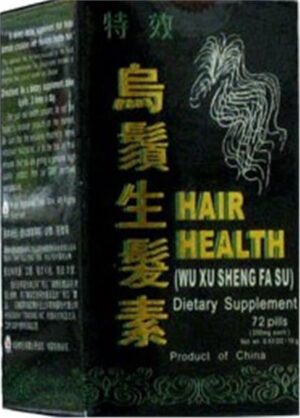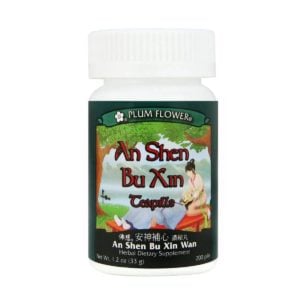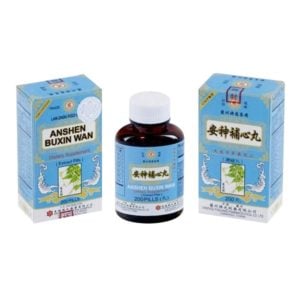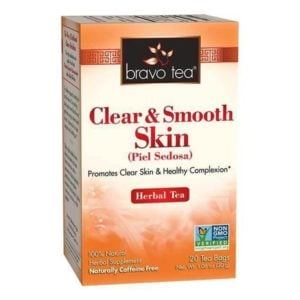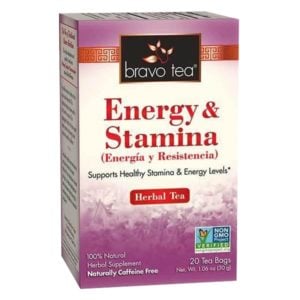Nu Zhen Zi
English Name: ligustrum, glossy privet fruit
Literal Translation: “female chastity seed”
Pharmaceutical Name: Fructus Ligustri Lucidi
Medica Category: Yin-Tonifying Herbs
Properties: Nu Zhen Zi enters the Liver and Kidney channels; it is sweet and bitter in nature and cool in temperature.
What is Nu Zhen Zi?:
The Chinese Herb Nu Zhen Zi is the dried fruit of the glossy privet tree (Ligustrum lucidum Ait.), an evergreen native to Southern China that is now naturalized in many places around the world.It is often cultivated as an ornamental tree, with its glossy leaves and panicles of white flowers that appear in late summer (the odor of which is often said to be “objectionable”). After blooming, the glossy privet tree produces its fruits, which are harvested when ripe and dried for use as medicine.
Traditional Chinese Medicine (TCM) Therapeutic Actions of Nu Zhen Zi:
Nu Zhen Zi nourishes Liver yin and tonifies the Kidney (both tonifying yin and supplementing jing (essence) and marrow) to address such clinical presentations as dizziness, tinnitus, vertigo, prematurely graying hair, and soreness of the lower back and knees. It is a light tonic that does not create stagnation and thus suitable for long-term use.
Cool in nature, it is also a good choice for addressing/clearing yin-deficiency heat which can present clinically as irritability, mood swings, tidal fever, night sweats, hot flashes, and steaming bones (i.e. menopause symptomology).
In TCM clinical practice China, it is often used with liver cancer patients for clinical syndrome amelioration as well as to enhance the therapeutic effects of chemotherapy.
Nu Zhen Zi clears heat in the Liver channel to brighten the eyes and can be used in both excess and deficiency based visual disorders (as it both nourishes the yin (which addresses blurred vision etc…) and also calms rising Liver yang that causes redness and pain).
–safety/clinical notes:
Contraindicated for persons with yang deficiency or diarrhea from deficiency of the Spleen/Stomach.
This herb has been shown to lower blood plasma glucose levels and should be used with care in persons taking antidiabetic medications such as insulin, tolbutamide (Orinase), glipizide (Glucotrol), and glyburide (DiaBeta/Micronase) to avoid potential synergistic effects that may lead to hypoglycemia.
Products Containing Tag: Nu Zhen Zi – Ligustrum – Fructus Ligustri Lucidi
-
Kai Kit Wan – Jie Jie Wan – Prostate Formula – (OUT OF STOCK)
Add to CartStarting at $7.99
-
An Shen Bu Xin Wan (Soothwell)
Add to CartStarting at $8.99
-
Hair Regrowth Tea – by Bravo Tea
Add to CartStarting at $6.99
-
Wu Xu Sheng Fa Su Healthy Hair Supplement
Add to CartStarting at $6.99
-
Energy and Stamina Tea – by Bravo Tea
Add to CartStarting at $6.99

